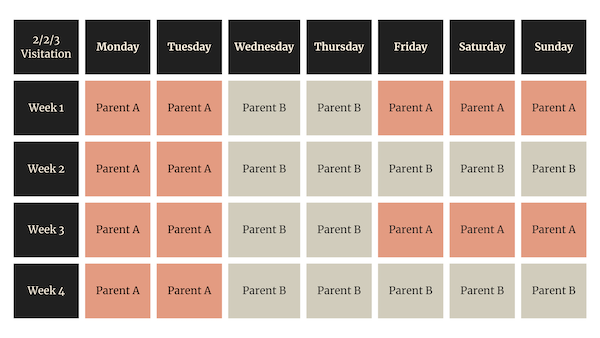How Difficult Is It to Modify My Divorce Once Its Settled?
By Marvin Solomiany, Managing Partner at Kessler & Solomiany Family Law Attorneys
Divorce settlements are intended to provide closure and clear boundaries. It’s important that you enter into the initial divorce agreement understanding that future modification is difficult. There may be a need to revisit certain aspects of a divorce agreement, but only specific elements can be modified, and the process is neither automatic nor easy. If your circumstances have significantly changed and you are interested in updating your arrangement, it is important to understand the following:

What Can Be Modified?
The only things that you can modify after your divorce are alimony, child support, parenting time, and custody. Everything else is permanent.
One critical point to understand is that property division is final and cannot be modified. For instance, if the marital estate was valued at $7 million and one spouse agreed to receive $3 million as part of the settlement, that decision is final. No matter how circumstances evolve, the division of property cannot be revisited. On the other hand, the amount of child support or alimony that you are paying or receiving and your child custody arrangements can be modified under certain conditions, but it is not easy.
Modifying a divorce settlement is difficult and only possible if your circumstances have significantly changed.
Grounds for Modification
The law provides for modifications because we all understand that things may change. Mostly, it is a change in your financial circumstances, which consists of both your income and your overall financial state, that would warrant a modification, but there are other reasons as well. Here are some of the more common reasons:
- Income Changes: If you experience a significant change in income, such as losing a job, getting a promotion, or retiring, it could warrant a review. For example, if you agreed to pay significant child support and alimony based on your income as a CEO, but lose your job a few years later and your financial situation drastically changes, you could request a modification.
- Financial Circumstances: Modifications aren’t based solely on income; they also consider overall financial health, including assets and liabilities. For instance, if you were paying alimony based on a salary of $500K per year and you retire, but you have substantial assets, the court may deny a request to reduce alimony because you still have the financial means to make payments.
- Needs of the Children: Child support is going to be income-driven most of the time, but may also be driven by changes in the needs of the children. If your child who previously attended public school now requires private education due to special needs, that may warrant a change in the arrangement. A modification could be made if one party is not able to afford it or wants the other party to help them pay for it.
- Parental Availability: Parenting time or custody arrangements may change if a parent’s availability shifts. This can happen for a variety of reasons, like relocation, illness, or other life changes. The court always prioritizes the child’s best interests in these cases.
Opportunity for Informal Changes
Formal modifications to the divorce agreement are not the only way to implement the changes you need. If your circumstances have changed and both parties agree to make accommodations, you can absolutely agree on your own to a new arrangement without going back to court.
Final Word
Modifying a divorce settlement is difficult and only possible if circumstances have significantly changed. While alimony, child support, parenting time, and custody can be modified, division of property cannot. Modifications are not automatic and must be substantiated with clear evidence of a significant change in things like your income, overall financial picture, the needs of your children, or parental availability. Whether you pursue a formal modification through the courts or reach an informal agreement with your ex-spouse, it’s essential to prioritize clarity, fairness, and the best interests of everyone involved, particularly children.
Table of Contents
Stay in the Know
Discover Related Articles
Get Informed. Get Empowered
Read up on essential divorce topics to learn more about the process and all its different aspects.
Introductions, no pressure
Connect with a Top Divorce Attorney
in Columbus, OH
Go to Columbus, OH page
Are you in a different location? We can introduce you to the best family lawyers in your area





















































